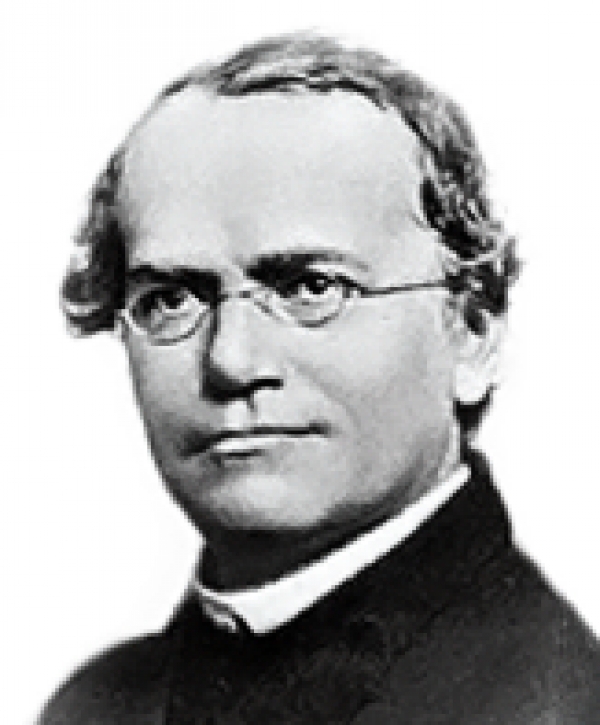Gregor Johann Mendel
Gregor Johann Mendel (20 July 1822 – 6 January 1884) was an Augustinian priest and scientist.
During his childhood, Mendel worked as a gardener, studied beekeeping, and as a young man went to the Philosophical Institute in Olomouc in 1840–1843. Then he entered the Augustinian Abbey of St Thomas in Brno in 1843 where he studied the inheritance of certain characteristics in pea plants.
Mendel published his study in the “Proceedings of the Natural History Society of Brno” in 1866 but it had little impact on the scientific community. His study was criticised at the time, but now everybody considers it a fundamental work.
He is often called the father of genetics for this study. Mendel showed that the inheritance of certain characteristics in pea plants follows particular laws. The significance of Mendel's work was not recognized until the beginning of the 20th century. Its rediscovery formed the foundation of the modern science of genetics.
Gregor Johann Mendel - Comprehension Questions
1. What did Mendel do when he was a child?
2. What is the name of the Abbey where he entered in 1843?
3. Was his work immediately accepted by the scientific community?
4. What type of plants did he study?
5. What science did he contribute to?



